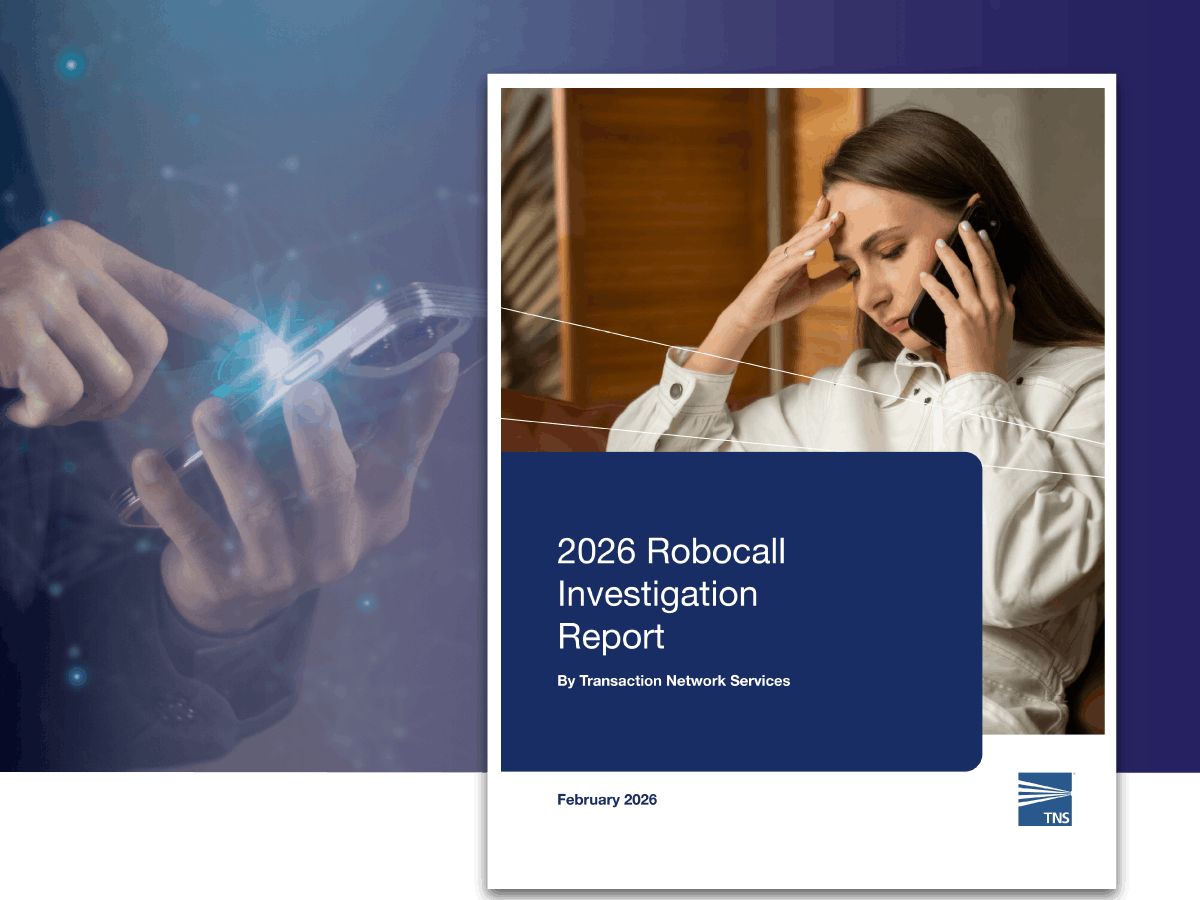We receive text messages all day from friends, family, and coworkers. Text messaging provides a quicker way to communicate than email or calls. Unfortunately, it also provides an outlet for scammers and we are seeing ‘robotexts’ become a growing problem. Some also call this “Smishing” or “SMS phishing”.
Some of the text message scams we’ve seen are based on common phone or email scams, however, the scammer is not trying to have a text conversation, but rather wants to convince you to click a link by using a topical current event that seems reasonable or enticing you with a free prize. The goals of these scams are for you to enter your personal information through the link. They will then use this information for various possible reasons, including access to your bank accounts or selling the information to other scammers. Below we have listed some of the many various SMS scams reported recently.
Mail notifications: You may receive a message that appears to be from USPS, UPS or FedEx claiming there is an important notice for you; or, you have a package that is waiting for you to be picked up. The text will include a link that directs you to a fake webpage that may look legitimate. Remember that mail services will only send you text updates if you opt into this feature on their official website through the packages tracking number. If you think the text is legitimate, contact the company via their website or the phone number from the website.
Free products: Some common products offered for “free” are health and beauty products, iPhones and MacBooks, or pain or weight loss pills. You also may be told your streaming subscription is about to expire but you will get a free year-long subscription by clicking the link. Many scams will use a legitimate company’s name to sound convincing.
Cash offer: Many users have reported receiving a text offering them free cash or a quick loan, often in the amount of $5,000. This is also a very common phone scam and has been replicated as a text message.
Political donations: While asking for political donations is not illegal; many scammers claim to be campaign fundraisers but keep the money to themselves. If you wish to make a political donation, go to the campaign’s official website only to ensure the money is being sent to the appropriate place.
Research project scam: Many have received messages offering a gift card to big box retail stores if they participate in their research surveys. While there are legitimate research projects out there, they do not use text messaging to find participants and the payments are usually not over $100.
Driver’s license: Scammers are using scare tactics by sending out messages claiming your driver’s license is being revoked and you must click this link to get fix the problem. If your license is ever revoked, the agency will notify you through mail and would never be notified through a text message.
Business ventures: Scams offering you the chance to “be your own boss” and “get-rich-quick” are commonly used over the phone, but they have now translated over to text. It’s a good idea to do some research and get specific information from the promoter.
Credit Score: Threatening texts pretending to be credit score alerts have also popped up. The scammer may pressure you to pay up-front fees or promise to remove negative information in your credit report.
You should not receive credit report updates unless you signed up for alerts through a credit reporting bureau.
In addition to arming themselves with the insights above, consumers can leverage their telecom provider’s robocall detection solutions powered by TNS Call Guardian.
Jim Tyrrell is Senior Director of Product Marketing at TNS with specific responsibility for TNS’ Wholesale Telecoms solutions.






